12 December
Highlights 2017
A selection of events that shaped the year under review
4 April
Welfare and coercion
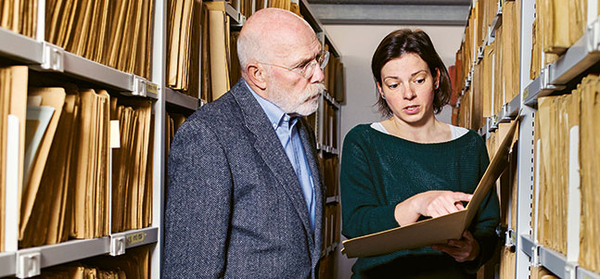
The SNSF launches a call for the National Research Programme 76 “Welfare and Coercion – Past, Present and Future”. Over a five- year period, the programme will study coercive measures and how they affect those targeted by them as well as their impact on society as a whole. The research findings are expected to contribute to a better understanding of the characteristics, mechanisms and effects of Swiss welfare policy and practices. NRP 76 will complement the work of the Independent Expert Commission (UEK), set up by the Federal Council to examine and document the history of administrative detention until 1981.
26 April
Funding pros
At Swiss higher education institutions, dedicated grant offices offer researchers advice on funding options. The SNSF holds a grant office event in Bern to inform these specialised units about new measures, answer their questions and give them an opportunity to share their experiences.
27 June
SNSF on Instagram
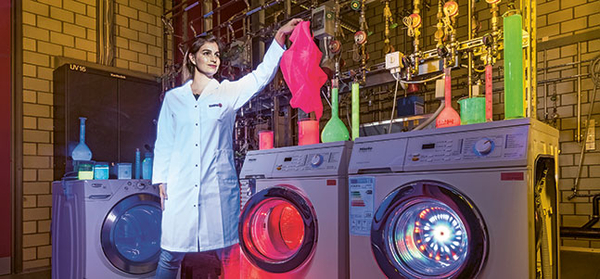
The SNSF makes an exciting Instagram debut: it posts the best images from its photo competition, which took place for the first time. These pictures taken by researchers reveal the hidden beauty of science. With this Instagram launch, the SNSF can now be found on four leading social media sites.
27 June
Summit meeting
There is never any shortage of topics when the SNSF top echelon meet the vice rectors for research of the Swiss higher education institutions. Current topics include the new open access policy, the data management plan, Ambizione grants, the planning of national research infrastructures and the promotion of assistant professorships. The meetings are held regularly in order to strengthen cooperation and ensure that the SNSF’s funding portfolio is closely geared to the needs of the higher education institutions.
14 July
Safeguarding integrity
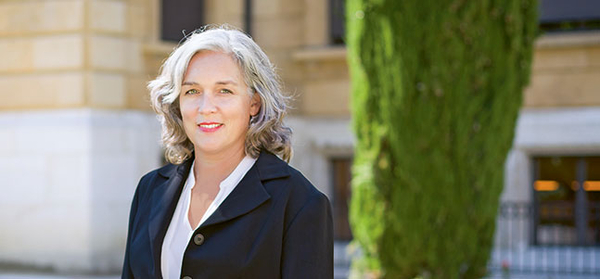
The Presiding Board of the SNSF Research Council appoints Nadja Capus as the new President of the SNSF Commission for Scientific Integrity. Since 2013, the commission has examined suspected scientific misconduct cases in the scope of research proposals submitted to the SNSF and in SNSF-funded research. Nadja Capus is professor of criminal law and criminal procedure at the University of Neuchâtel. She succeeds Kurt Seelmann, professor emeritus of criminal law and philosophy of law at the University of Basel.
27 September
For advanced researchers
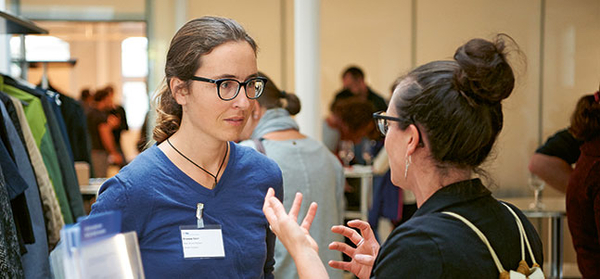
What funding options does the SNSF offer for postdocs and more advanced researchers? At the annual Advanced Researchers’ Day in Bern, they are informed in detail about all career and project funding schemes offered by the SNSF. After the presentations, SNSF specialists give them one-to-one advice on how best to write and submit an application for their project.
7 November
Tour of Swiss academia
In the past, the SNSF visited each university every five or six years on the annual Research Day. Now it has decided to shorten the intervals to two years and to include universities of applied sciences and universities of teacher education in its itinerary. It goes on its first academic Tour de Suisse according to the new schedule in November. At nine higher education institutions – in Lugano, Manno, Basel, Lausanne, Renens, Zurich and Geneva – it presents its funding schemes for projects, careers, programmes, international cooperation and science communication.
16 November
Star of combinatorics
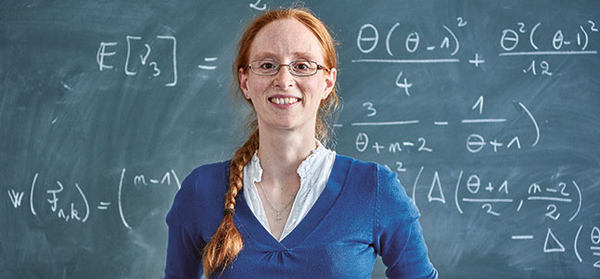
Mathilde Bouvel, a scientist at the Mathematics Institute of the University of Zurich, is awarded the Marie Heim-VögtlinPrize in 2017. In over ten years of research she has made a key contribution to combinatorics. Her studies on permutations, in particular, have been highly acclaimed. Her objective is to find out in how many ways a series of numbers can be arranged, for example the 22,000 genes of the human genome. Each year, the SNSF bestows the Prize on a recipient of the Marie Heim-Vögtlin grant for women researchers.
29 November
Unique catalysis
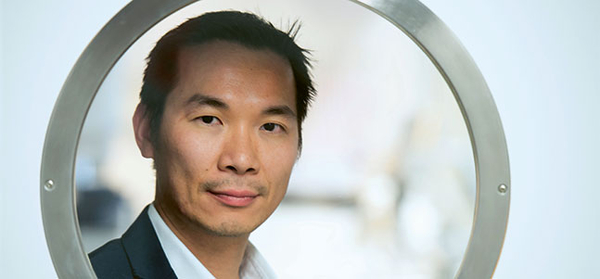
Catalysis involves the triggering and acceleration of chemical processes by means of a catalyst. The chemist Xile Hu combined three different catalysis processes in a unique way. For this achievement he is awarded the National Latsis Prize 2017. “I am always trying to include something new or unforeseen in my research, even though it may not be immediately understood”, says the 39-year-old professor from EPF Lausanne. Xile Hu has carried out pioneering studies on molecular synthesis and the production of solar fuels. The National Latsis Prize is awarded annually by the SNSF on behalf of the International Latsis Foundation.
Research online
The Swiss research magazine Horizons launches its own website: www.horizons-mag.ch. Articles from Horizons can now also be read on mobile phones. Horizons provides news from the world of science and discusses research policy issues of global importance – in English, German and French. The magazine is published by the Swiss National Science Foundation in collaboration with the Swiss Academies of Arts and Sciences. Printed versions will continue to be published quarterly in German and French.